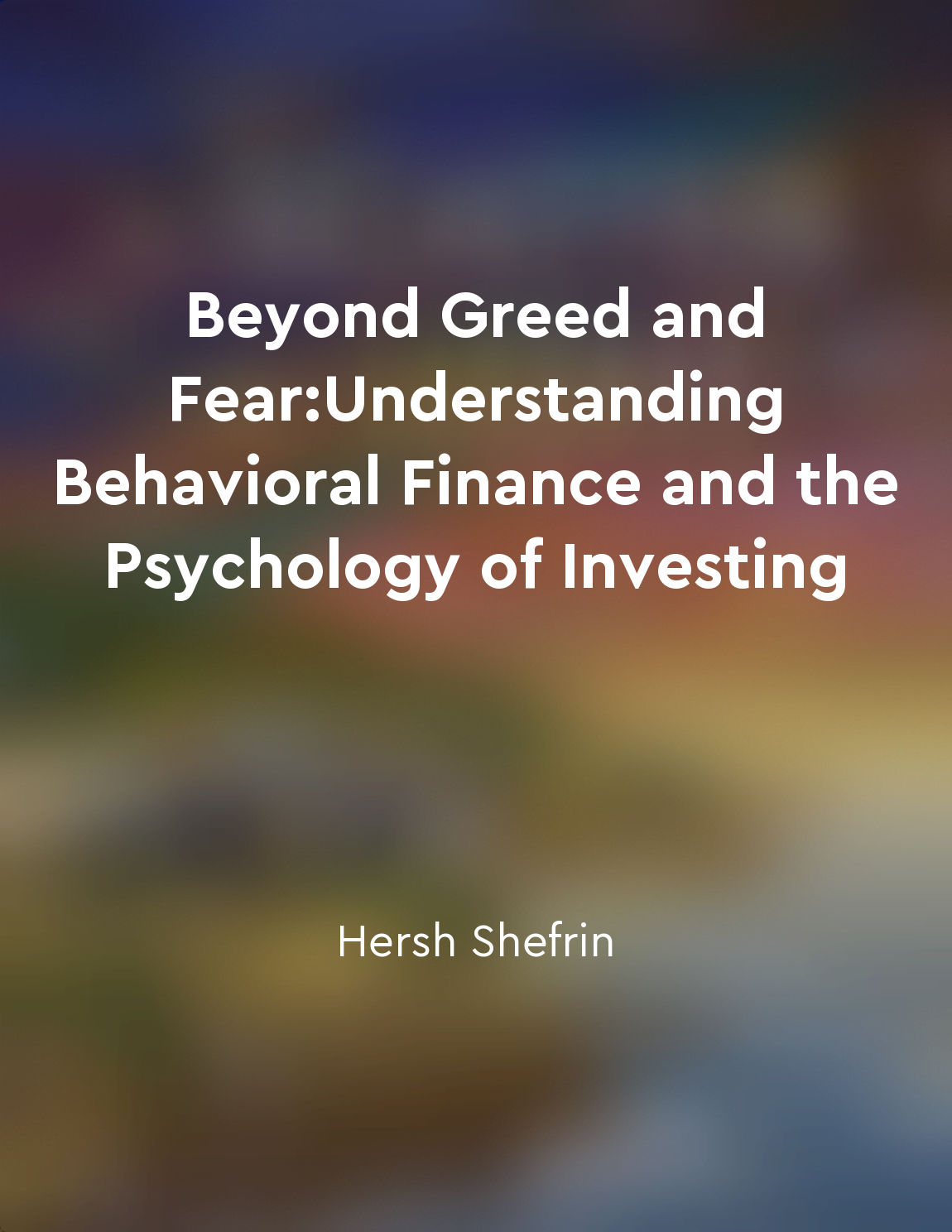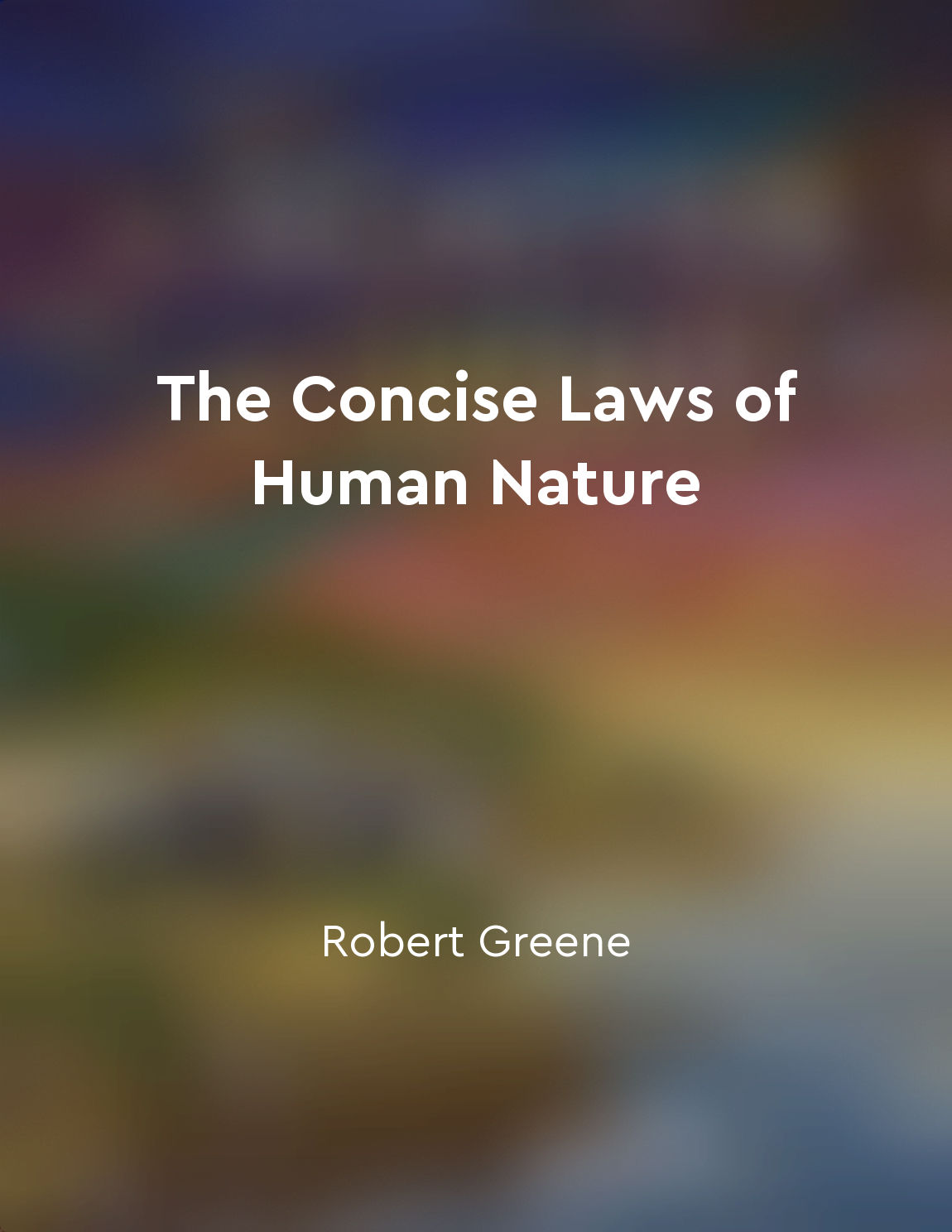Audio available in app
Anchoring bias can significantly influence our judgments and decisions from "summary" of Super Thinking by Gabriel Weinberg,Lauren McCann
Anchoring bias is a cognitive bias that refers to our tendency to rely heavily on the first piece of information we receive when making decisions. This initial piece of information, or "anchor," can significantly influence our subsequent judgments and decisions, even if it is completely unrelated to the decision at hand. This bias can lead us astray, as we anchor on irrelevant information and fail to adjust our judgments accordingly. For example, if you are asked to estimate the population of a city and are first told a very high number, this anchor can skew your subsequent estimates to be higher than they would be otherwise. Even if you know the initial anchor is not relevant to the actual population of the city, it can still exert a powerful influence on your thinking. Anchoring bias can affect a wide range of decisions, from negotiating a salary to buying a car. In negotiations, the first offer made often serves as the anchor from which subsequent offers are based. If you anchor too high or too low, it can set the tone for the rest of the negotiation and ultimately influence the outcome. To combat anchoring bias, it is important to be aware of its influence and actively work to adjust your judgments based on relevant information. One strategy is to consciously seek out and consider multiple anchors before making a decision, rather than relying solely on the first piece of information you receive. By doing so, you can counteract the effects of anchoring bias and make more rational and informed judgments.Similar Posts
Relationships are essential for human development
In the complex ecology of human development, relationships are the nutrient-rich soil in which our potential takes root and blo...

Behavioral finance offers insights into market inefficiencies
Behavioral finance shines a light on market inefficiencies by recognizing that investors are not always rational. This field of...
Avoid being manipulated by keeping your emotions in check
To prevent others from taking advantage of you, it is crucial to maintain control over your emotions. When you allow your emoti...

Building selfconfidence can prevent manipulation
When you lack self-confidence, you become an easy target for manipulators. They can sense your vulnerabilities and use them aga...
Selfawareness can help us avoid repeating errors
Self-awareness is a crucial element in preventing us from making the same mistakes over and over again. By being aware of our a...
Embrace the power of simplicity in decisionmaking
When making decisions, complexity often leads us astray. We overthink, overcomplicate, and end up making poor choices as a resu...
Understand the principles of clear thinking
To truly master the art of clear thinking, one must first understand the essential principles that underlie this skill. Clear t...

Setting clear financial goals is essential
Setting clear financial goals is the foundation of any successful financial plan. Without a clear destination in mind, it is ea...

Cultivating a growth mindset can lead to continuous personal development
To continuously develop as individuals, we must cultivate a growth mindset. This mindset involves a belief that our abilities a...
The context in which choices are made can impact the decision
In the world of decision-making, the environment in which choices are presented plays a crucial role in shaping our decisions. ...
